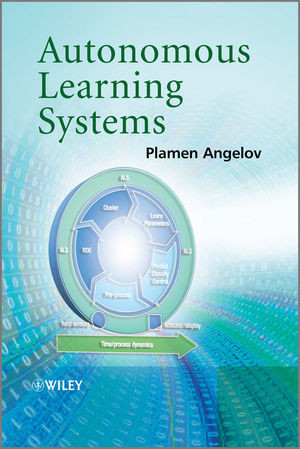

Most ebook files are in PDF format, so you can easily read them using various software such as Foxit Reader or directly on the Google Chrome browser.
Some ebook files are released by publishers in other formats such as .awz, .mobi, .epub, .fb2, etc. You may need to install specific software to read these formats on mobile/PC, such as Calibre.
Please read the tutorial at this link: https://ebookbell.com/faq
We offer FREE conversion to the popular formats you request; however, this may take some time. Therefore, right after payment, please email us, and we will try to provide the service as quickly as possible.
For some exceptional file formats or broken links (if any), please refrain from opening any disputes. Instead, email us first, and we will try to assist within a maximum of 6 hours.
EbookBell Team

4.8
24 reviewsAutonomous Learning Systems is the result of over a decade of focused research and studies in this emerging area which spans a number of well-known and well-established disciplines that include machine learning, system identification, data mining, fuzzy logic, neural networks, neuro-fuzzy systems, control theory and pattern recognition. The evolution of these systems has been both industry-driven with an increasing demand from sectors such as defence and security, aerospace and advanced process industries, bio-medicine and intelligent transportation, as well as research-driven – there is a strong trend of innovation of all of the above well-established research disciplines that is linked to their on-line and real-time application; their adaptability and flexibility.
Providing an introduction to the key technologies, detailed technical explanations of the methodology, and an illustration of the practical relevance of the approach with a wide range of applications, this book addresses the challenges of autonomous learning systems with a systematic approach that lays the foundations for a fast growing area of research that will underpin a range of technological applications vital to both industry and society.
Key features:
Autonomous Learning Systems provides a ‘one-stop shop’ on the subject for academics, students, researchers and practicing engineers. It is also a valuable reference for Government agencies and software developers.
Content: